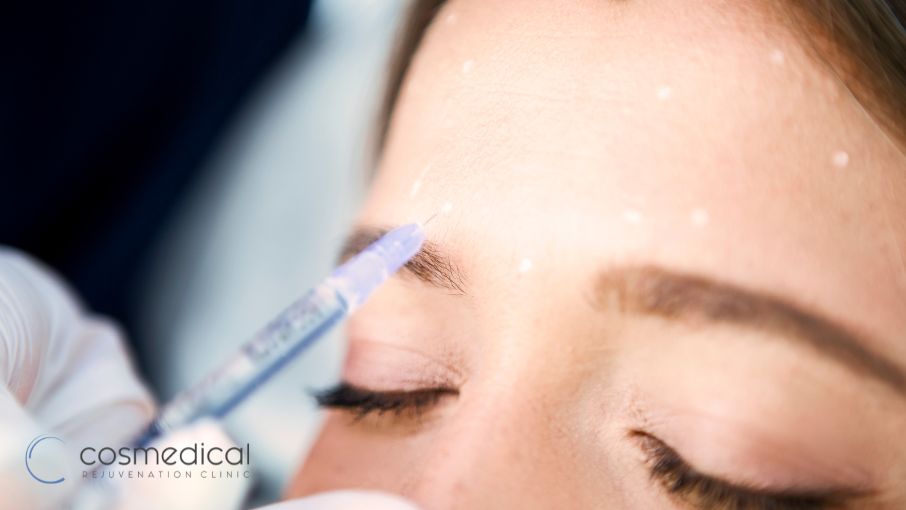
Is Botox Plastic Surgery?
Botox is often associated with plastic surgery, but the question remains: is Botox considered plastic surgery?
Firstly, it is essential to understand what Botox is and how it works. When injected into specific muscles, Botox temporarily freezess them. This reduces the ability of the targeted muscles to contract, so that the overlying skin can smooth out. The effects of Botox typically last around four months, so it is not permanent.
On the surface, Botox injections may seem similar to plastic surgery procedures, as both aim to enhance or alter one's appearance. However, there are several key differences between the two. Plastic surgery generally involves invasive procedures that require incisions, anesthesia, and a recovery period. Examples of plastic surgery include rhinoplasty (nose reshaping), and blepharoplasty (eyelid surgery). These procedures often result in permanent changes to the body's structure and appearance.
In contrast, Botox injections are minimally invasive and do not require incisions or anesthesia. The procedure takes only a few minutes to complete, and patients can go back to their normal activities immediately afterward. Additionally, the effects of Botox are temporary, allowing individuals to experiment with their appearance without committing to permanent changes.
Despite these differences, some argue that Botox should be considered a form of plastic surgery. The American Board of Plastic Surgery (ABPS) recognizes Botox injections as a cosmetic procedure that falls under the umbrella of plastic surgery. This classification is based on the fact that Botox treatments are often performed by plastic surgeons and are used to enhance one's appearance, which aligns with the goals of plastic surgery.
Moreover, the ABPS emphasizes the importance of proper training and certification for practitioners administering Botox injections. Plastic surgeons undergo extensive training in facial anatomy, injection techniques, and patient safety, making them well-qualified to perform Botox treatments. This emphasis on qualifications and safety standards further supports the argument that Botox should be considered a form of plastic surgery.
However, others contend that classifying Botox as plastic surgery is misleading and may create confusion among patients. They argue that the term "plastic surgery" implies a more significant, invasive procedure that permanently alters one's appearance. By grouping Botox injections with traditional plastic surgery procedures, patients may develop unrealistic expectations or misunderstand the nature of the treatment.
Furthermore, Botox injections are not exclusively performed by plastic surgeons. Many dermatologists, nurse practitioners, and other healthcare professionals also administer Botox treatments. This diversity in providers suggests that Botox may be better categorized as a cosmetic rather than a surgical procedure.
The debate surrounding the classification of Botox as plastic surgery also raises questions about the broader societal implications of cosmetic treatments. As minimally invasive procedures like Botox become increasingly popular, some worry that they may contribute to a culture of perfectionism and unrealistic beauty standards. The ease and accessibility of Botox injections may pressure individuals, particularly women, to conform to narrow ideals of beauty and youthfulness.
On the other hand, proponents of Botox argue that the treatment can positively affect one's self-esteem and quality of life by reducing the appearance of wrinkles. This boost in self-confidence may translate to improved mental health and overall well-being.
Whether Botox is considered plastic surgery remains a matter of perspective and interpretation. While Botox injections share some similarities with traditional plastic surgery procedures, they also possess unique characteristics that set them apart.
Call (647) 493-8177